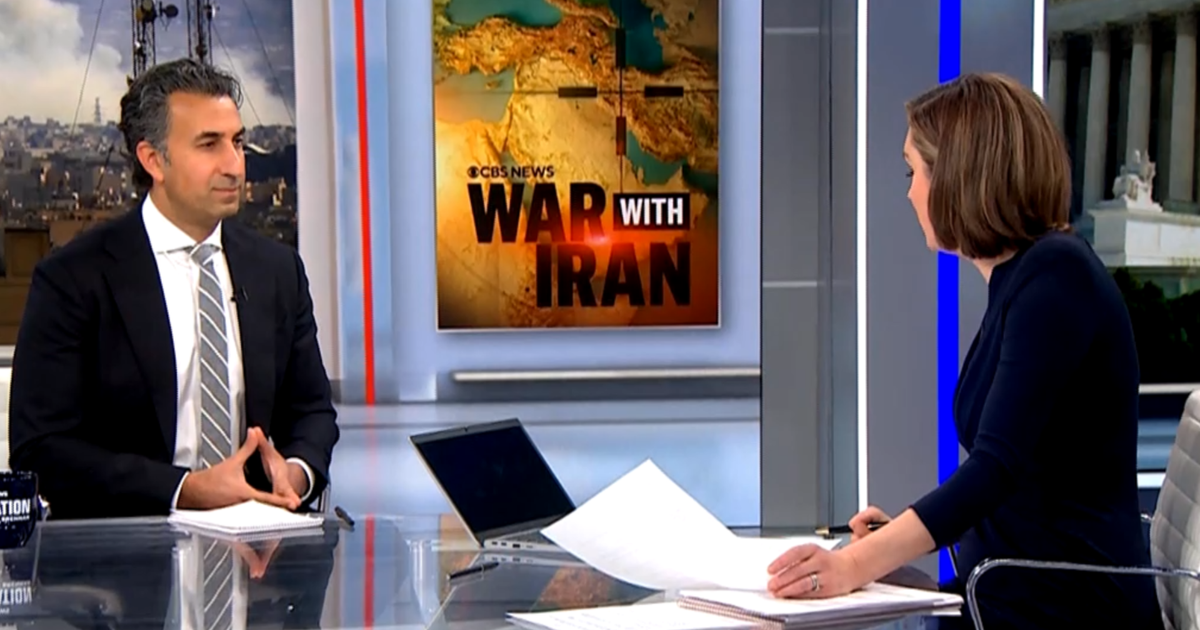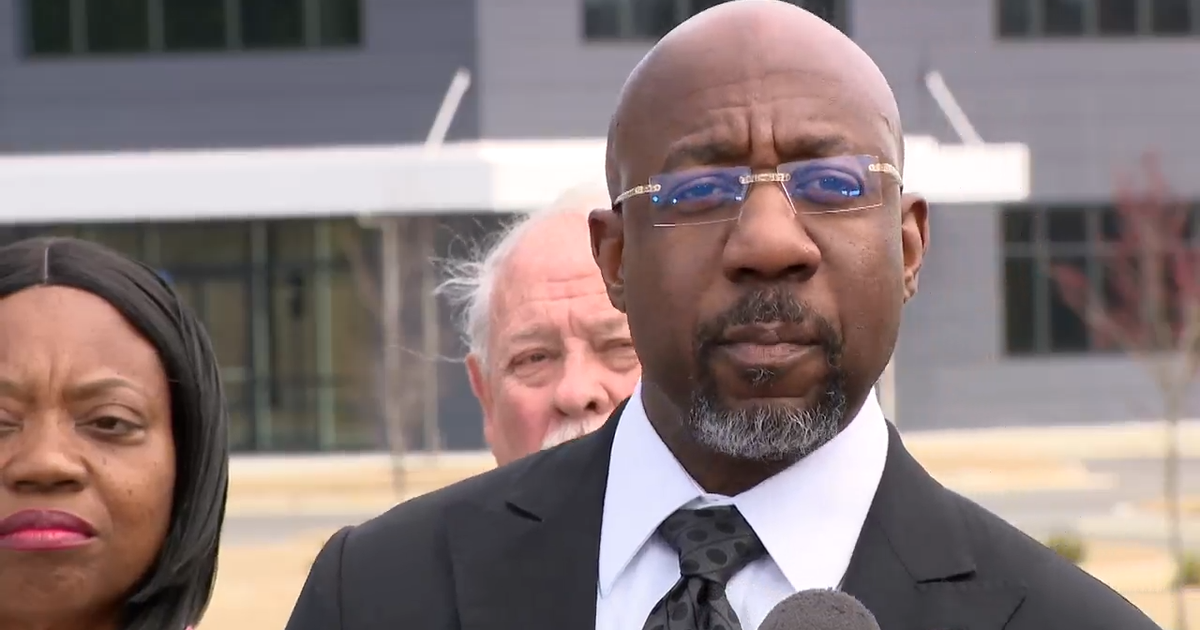Gottlieb alarmed by "deeply concerning" mysterious illness among children
Washington — Dr. Scott Gottlieb, former head of the Food and Drug Administration, called recent reports of a mysterious illness appearing in children that may be associated with the coronavirus "deeply concerning."
"There appears to be some kind of post-viral syndrome associated with this virus. The WHO and the CDC have now stepped forward and said they've associated with this virus, although it's not definitive, the causal relationship," Gottlieb said Sunday on "Face the Nation." "It appears to be some kind of post-viral immune type phenomena. We see this in other kinds of viruses. What we don't know is the denominator."
Gottlieb said it remains unknown how many children, who were initially thought to be largely spared from coronavirus symptoms, have been infected, and warned that if as many as 20 million Americans have had the illness, many children likely have as well.
"We don't know how many kids have actually had the virus. Is it hundreds of thousands or millions of children that have had the virus and we're seeing, you know, maybe 100 or 200 of these cases?" he said. "Or have only thousands of kids had the virus, and we're seeing hundreds of cases? That would be deeply concerning if the incidence was that high."
Health care professionals in 20 states and the District of Columbia are investigating at least 200 cases of the mysterious illness, known as pediatric multisystem inflammatory syndrome, appearing in children. The cases were first detected by doctors in the United Kingdom in late April, but clusters have since been reported in the U.S. and Italy.
The Centers for Diseases Control and Prevention (CDC) on Thursday issued new guidance urging health care providers to report young patients with multisystem inflammatory syndrome to state and local health departments.
The CDC has come under scrutiny for its handling of coronavirus testing in the early days of the outbreak, and White House trade adviser Peter Navarro said Sunday the agency "let the country down" regarding testing.
Gottlieb disagreed, though he said the CDC could be a better job at collecting and disseminating information from doctors who have treated patients with the coronavirus.
"We haven't seen a really definitive, systematic accounting of the collected clinical experience with those patients and their outcomes and what interventions were used on them," he said. "This is what CDC does: puts out this information in setting a public health emergency so it can inform what we're doing."
There have been more than 1.4 million confirmed coronavirus cases in the U.S. and nearly 90,000 deaths, and the Trump administration has launched Operation Warp Speed, a public-private partnership designed to speed up development and deployment of a vaccine.
While President Trump and Health and Human Services Secretary Alex Azar have set a goal of 300 million doses of a vaccine ready by January, Gottlieb said the number of Americans who would benefit likely has to be halved, as many people may need two doses.
"Whatever supply we have is probably sufficient to actually dose and inoculate about half the number of people," he said. "I think our expectation should be that we're going to have millions of doses of vaccine available in the fall to do large phase-three clinical trials, maybe low 10s of millions of doses if multiple manufacturers make it through phase one, phase two studies. And we might make them available under an emergency use authorization if we do have outbreaks or an epidemic in the fall for certain high risk groups."
Gottlieb said that because it's difficult to scale up manufacturing of a vaccine to boost volume, the timeline for inoculating the whole population will likely be longer than predicted by the Trump administration. Still, Gottlieb said he expects a vaccine will be available in the fall to "ring fence" a hypothetical outbreak in a large city.
"I would say that's probably more likely a 2021 event that we're going to have the vaccine available in sufficient quantities to mass inoculate the population," he said. "And remember, there might be 200 million people who want this vaccine who are eligible for it. That might take 400 million doses. And so it's probably a 2021 event."



